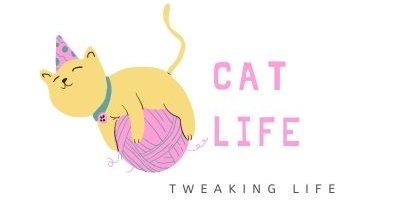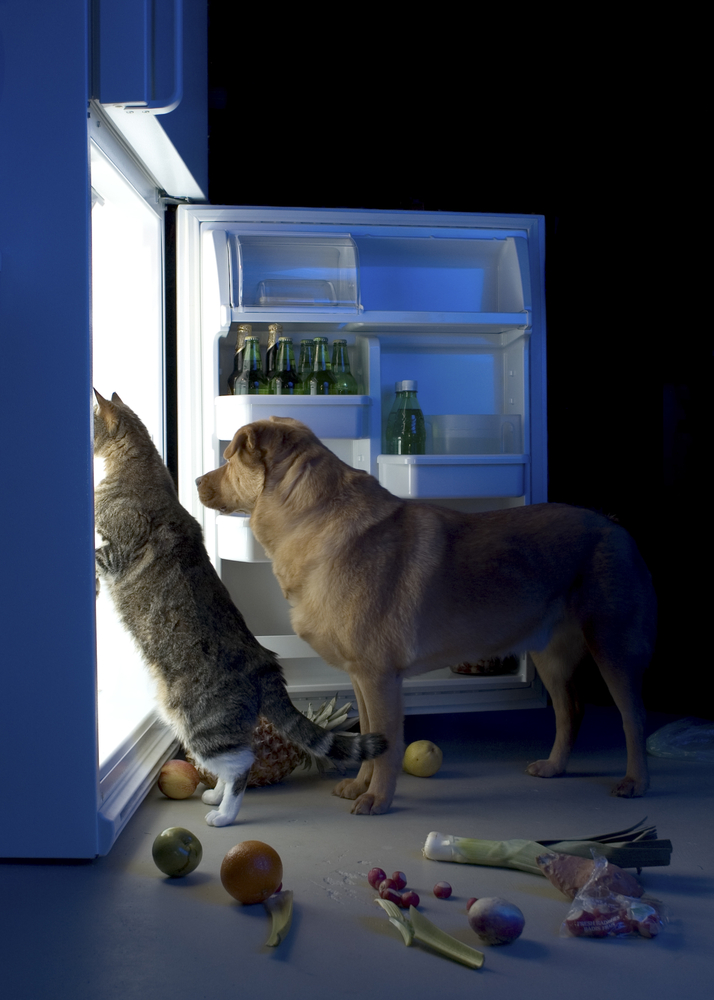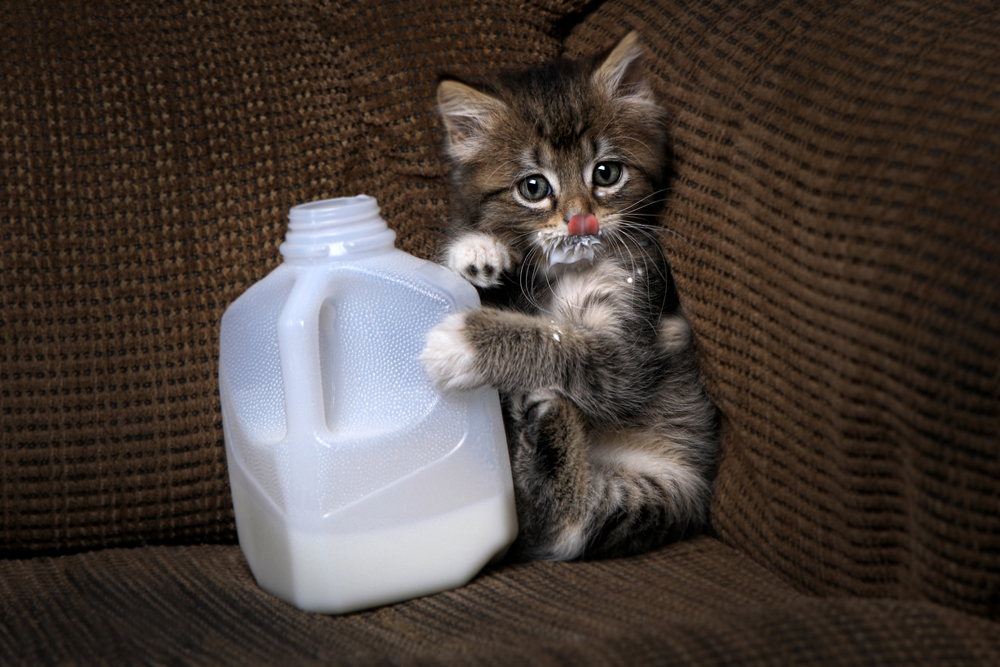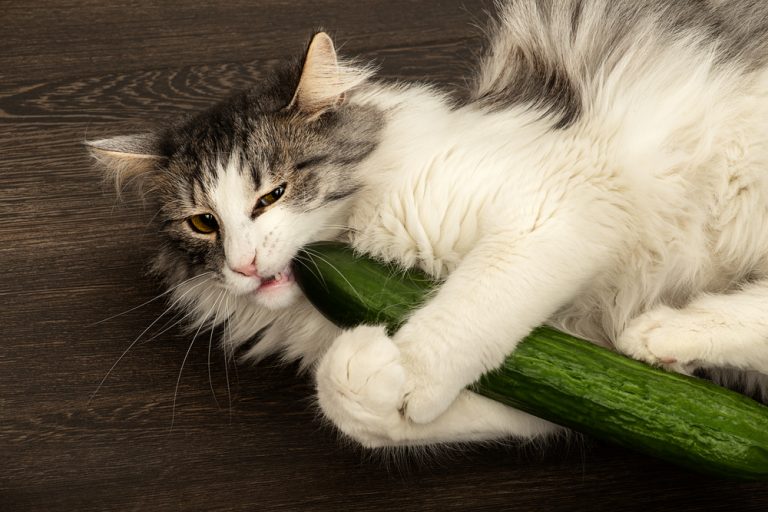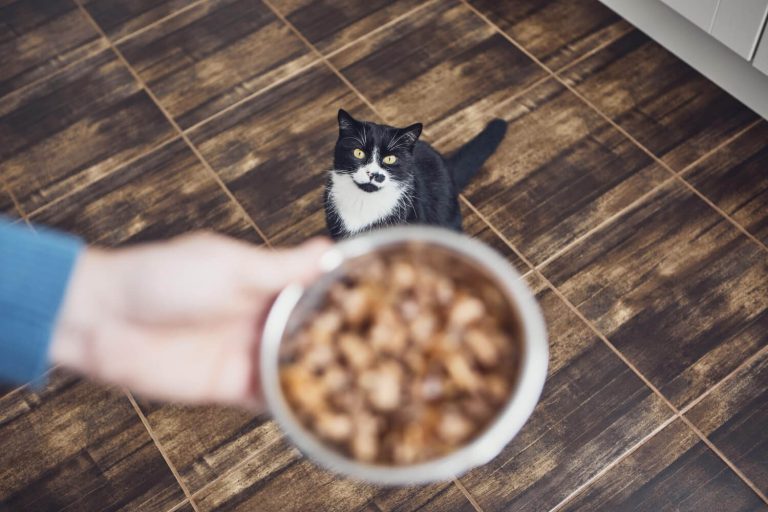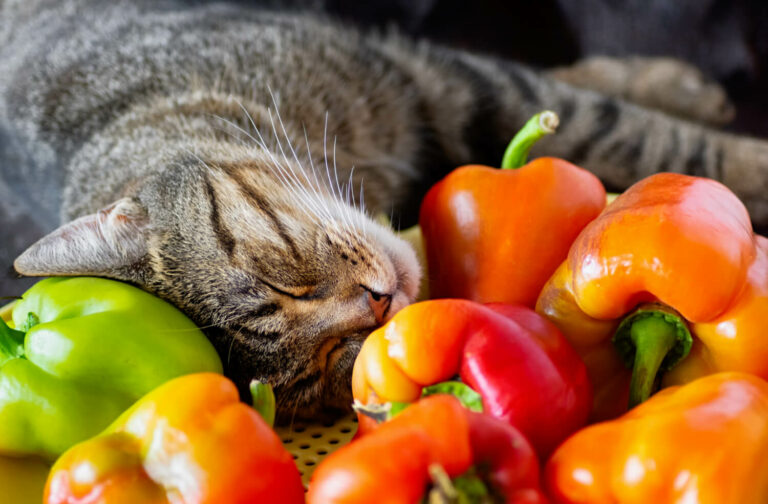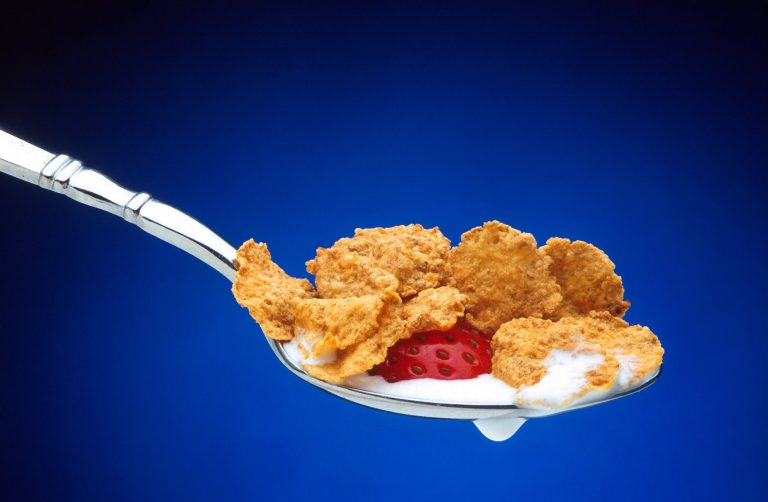What Human Foods Can Cats Eat? A Safe Feeding Guide for Cat Parents
If you have a cat, chances are good that your furry friend is going to try and eat food from the table. Read on to find out everything you need to know about cats and human foods.
Which Human Foods Can Cats Eat?
1. Salmon
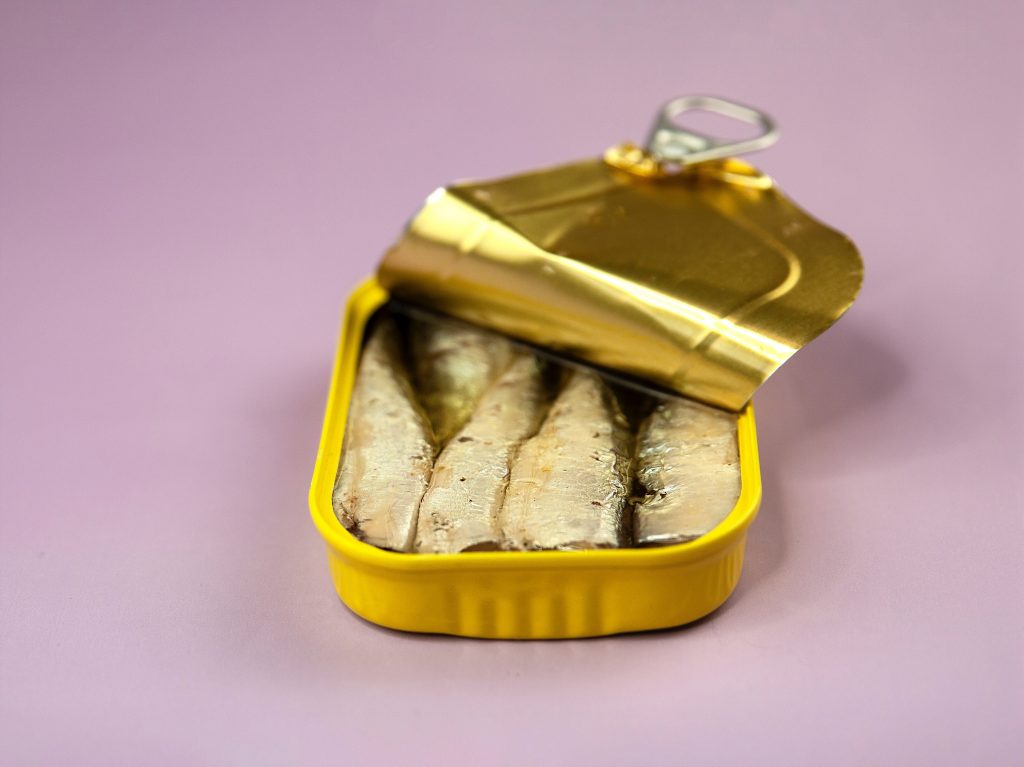
Cooked salmon is good food for cats. It is high in protein and omega-3 fatty acids, which are beneficial to their skin and coat. In addition, salmon contains B vitamins that help maintain energy levels.
2. Spinach
While spinach is a good source of many nutrients for humans, it can be harmful to cats. Cats should not consume spinach as it may cause calcium oxalate bladder stones.
Some cat food brands feature spinach as an ingredient due to its health benefits, but it’s important to only give adult cats this type of food.
You can start by slowly introducing spinach to your cat and watch their reaction. Remember that some cats may not like the taste of spinach, so be cautious when feeding it to them.
Dandelion greens are another vegetable that cats should avoid because they cause inflammation in the bladder.
3. Fish Oils
Fish oils are good for both cats and dogs. The omega-3 fatty acids in fish oil can help prevent dry skin and keep a healthy coat.
Fish oils also have anti-inflammatory properties, which can be beneficial for pets with arthritis or other joint pain.
It’s possible to supplement your cat with fish oil. You can do this by either buying a product designed specifically for felines or by adding a human fish oil supplement to their food.
However, it’s important not to give too many of these types of foods without a vet’s approval, as they can be high in fat and oily.
Cooked salmon/tuna, canned fish, and fish oil can be given in small quantities as part of your cat’s diet, but be careful not to give them too many unhealthy foods.
4. Cantaloupe
Cats are carnivores, but that doesn’t mean they can’t enjoy the occasional fruit. Cantaloupe is a cat-safe fruit because it has lots of antioxidants and beta-carotene.
The smell of cantaloupe might attract cats because it has the same amino acids that meat does, which are common in feline diets.
Beta-carotene helps maintain healthy eyes and skin and is safe for cats to consume. However, you should check with your vet first before feeding your cat pomegranates.
5. Eggs
Eggs are a great source of protein and other nutrients for cats. Cats love eggs because of how healthy they are.
However, never feed raw eggs to your cat, as the risk is too high for salmonella poisoning. Raw eggs can be dangerous to cats, so make sure they’re cooked before serving.
6. Oatmeal
Oatmeal is a healthy ingredient that you can feed your cat. In fact, it’s even found in some manufactured cat foods.
Oatmeal is safe for cats to eat as long as you cook it plain first and avoid serving too much at once. Some cats may not like oatmeal, but most will enjoy the taste of oat porridge.
7. Apples
Apples are a good source of fiber and vitamin C. They can help cats feel full, and the antioxidants in apples may help protect against some diseases.
8. Bread
Bread is a safe option for your cat to snack on. Even though cats can eat bread with yeast, it’s not the best choice.
Yeast can cause stomach upset in cats and make them vomit more frequently. So, if you’re going to give your cat bread, try to stick with unsweetened varieties.
9. Cheese
While cheese is not a nutritional powerhouse for cats, it can be given to them in limited amounts.
Cheese is high in fat and salt, which is not good for cats. However, hard cheeses like cheddar, Swiss, and Gouda are good sources of calcium.
10. Pumpkin
Pumpkin is a good source of fiber and low in calories, perfect for cats. It can be used as a healthy treat for cats with digestive issues.
Commercially available supplements make it easy to introduce pumpkin into your cat’s diet.
Some cat foods have pumpkin in them, which could help regulate digestion for cats with digestive issues or who love the taste of it, but not the calories.
11. Bananas
Bananas are high in potassium and soluble fiber, which make them a healthy snack for cats.
However, they can be challenging to digest and should make up no more than ten percent of your cat’s daily calorie intake.
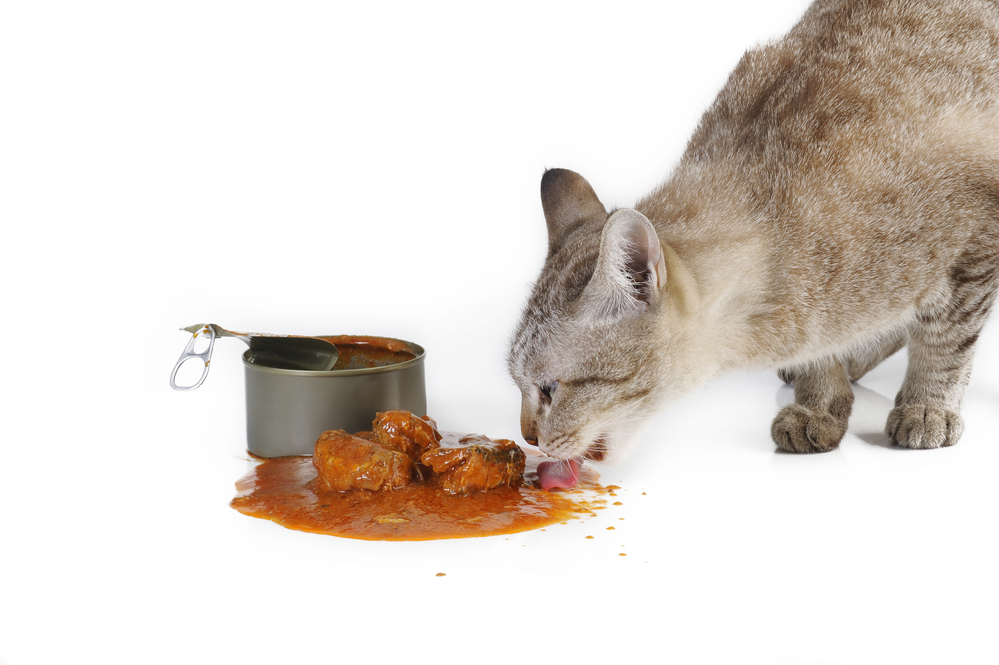
12. Chicken
Cooked chicken is a perfect food for cats. You can remove the skin if your cat is on the heavier side.
They’re great for maintaining healthy eyesight, heart functioning, and reproductive system function. Cats should primarily eat meat since they are obligate carnivores and require meat (unlike dogs who eat both types of food).
Cooking the chicken thoroughly helps destroy any harmful bacteria
13. Peas
Peas are high in fiber and vitamin A, making them a good food for both cats and humans. They also have a cold sensation that might be appealing to your feline friend!
Frozen peas make an excellent addition to a cat’s diet.
14. Blueberries
Blueberries are an excellent source of antioxidants and vitamins for cats.
It’s best to limit the number of treats your cat gets to 20 calories each day, as well as limit how many blueberries they consume in total. When you give your cat a berry, limit their intake to no more than 25 berries a day.
15. Turkey

Turkey is a lean protein that’s safe for cats to eat. It’s a good source of niacin, vitamin B6, and selenium, all of which are essential nutrients for felines.
Additionally, turkey is low in fat and calories, making it an ideal food choice for cats on a diet.
How can I tell if a food type is safe for my cat to eat?
If you’re not sure whether a food is safe for your cat to eat, it’s always best to err on the side of caution and avoid feeding it to them.
For example, apples are generally safe for cats to eat, but you should remove the seeds and core before serving them up.
And while bananas are okay in small doses, they should be peeled and have their stems removed first.
Be sure to also remove the seeds and rinds from strawberries, blueberries, and watermelon before serving them to your pet.
Keep an eye out for xylitol on ingredient lists as this sugar substitute can be poisonous to cats.
Additionally, raw eggs may contain Salmonella bacteria which can make your cat sick. So, cook eggs thoroughly before feeding them to your pet.
Lastly, plain bread is usually safe for cats. However, other types of bread (like those with raisins, garlic, or chocolate) should be avoided as they can be harmful.
Just like people, cats have different levels of tolerance when it comes to dairy products – so if you’re thinking about giving your cat some cheese as a snack, proceed with caution!
If your cat seems to have a dairy allergy or intolerance, it’s best to avoid giving them any cheese at all.
What are some of the signs that my cat is not tolerating a food type well?
If your cat experiences any of the following after eating human food, it’s likely that he is not tolerating the food well:
- Vomiting
- Diarrhea
- Lack of appetite
- Stomach upset or pain
It’s important to be aware that cats can get sick if their diet changes abruptly, so always make sure to introduce new foods gradually.
If you think your cat has had a bad reaction to human food, contact your veterinarian for advice. They will be able to help you figure out what may be causing the problem and how to best address it.
Always err on the side of caution and if you are ever unsure about whether or not something is safe for your furry friend, consult with your vet!
How can I slowly introduce new foods to my cat?
If you’re looking to add some variety to your cat’s diet, you may be wondering how to slowly introduce new foods.
It’s important to remember that cats need a diet of at least 70% meat in order to stay healthy, so adding human foods should be done infrequently. There are a few different ways you can go about this:
1) Start with small amounts of cooked meat or fish and increase the portion size over time.
2) Mix a small amount of the new food in with your cat’s regular food.
3) Try giving your cat a new food as a treat rather than as part of their regular diet.
No matter which method you choose, it’s always important to keep an eye on your cat’s eating habits and stool consistency.
If they start showing any signs of digestive problems after introducing new foods, stop feeding them those items and consult your veterinarian.
How can I tell if my cat is getting the nutrients they need from their diet?
Determining if your cat is getting the nutrients they need from their diet can be a bit tricky. You’ll want to make sure that their diet consists of a balanced mix of proteins and carbohydrates, as well as vitamins and minerals.
Most importantly, cats require more protein than humans need, this is where meat comes in for them!
You should also keep an eye out for overfeeding. An overweight cat is at risk of developing health problems down the road, so it’s important to stick to their recommended calorie intake.
If you’re not sure how much food your cat should be eating, consult with your veterinarian about creating a feeding plan tailored specifically for them
What are some of the consequences of feeding my cat unsafe foods?
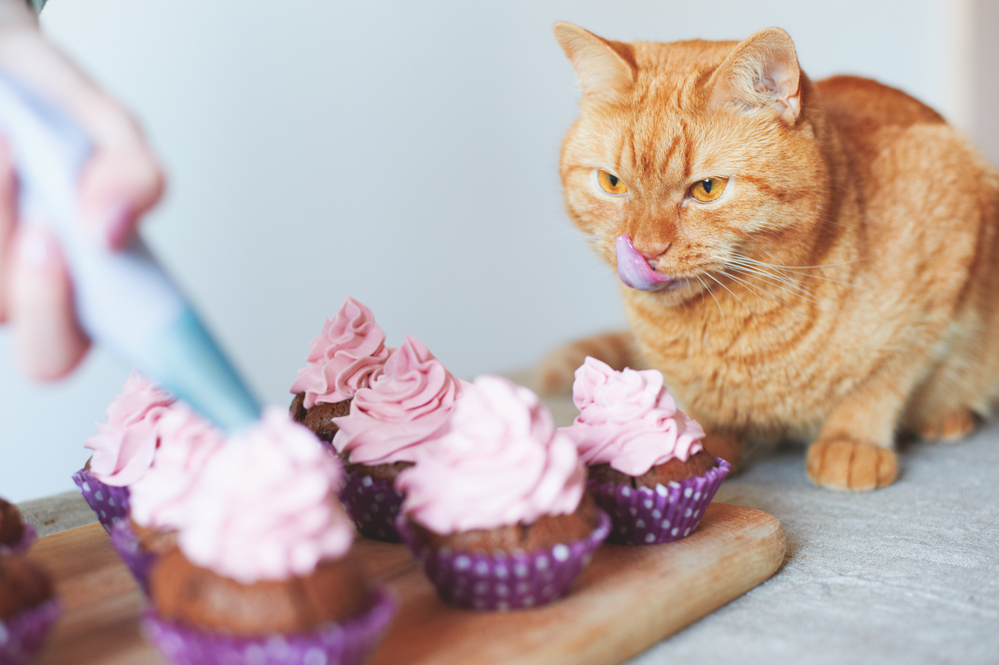
When you feed your cat unsafe foods, there are a few potential consequences. The most common one is gastrointestinal problems, such as vomiting and diarrhea.
However, other serious problems can occur as well, including the risk of death.
It’s important to be aware of which human foods are toxic for cats and to avoid giving them these items.
In general, human food should only make up 10% of your cat’s daily caloric intake – any more could lead to health problems.
If you do introduce a new food into your cat’s diet, be sure to do so gradually and watch for any signs of illness. If your cat seems sick after eating a particular food, call the veterinarian for help pinpointing the cause.
Are there any risks associated with feeding cats human foods?
There are a few risks associated with feeding cats human foods including allergic reactions, gastrointestinal issues, choking, and in some instances, death. For starters, it’s important to remember that not every food on the “safe” list is necessarily healthy for your cat.
You should avoid giving your cat chocolate, grapefruit, raisins, avocado, and figs, as well as some plants like daffodils.
Additionally, cats must be considered individually when it comes to what they can eat. Some foods that are safe for one cat may not be safe for another.
It’s also important to keep in mind that cats need their nutrients from specially-formulated foods that are designed specifically for them. They should not get all of their nutrition from human food items.
Cats should only consume human food items in moderation – no more than 10% of their diet. And if your cat has an adverse reaction to anything on the “safe” list, call your veterinarian for help!
What human food can kittens eat?
When it comes to what human food can kittens eat, it’s important to remember that they should only consume a small amount of human food as part of their overall diet.
Kittens should stick to kitten food or food labeled for all feline life stages. You can start by introducing new foods gradually-offer small quantities at a time.
The opportunity to taste new food and get to know it is important when introducing a new food. Remember, you don’t want your kitten eating more than 10% of their daily caloric intake from human foods!
Offer one new food at a time, with the goal of providing your pet with an opportunity to experience that food and make sure it fits into their nutritional needs.

Are there nutritional benefits to feeding cats human foods?
Feeding your cat some healthy human foods can be beneficial to your cat. Take spinach for example. There is a good reason it is available in most cat food.
It’s because it is low in calories and provides a good amount of fiber, preventing your furry bestie from experiencing constipation.
While some foods can provide some benefits for your cat, keep in mind that your cat still needs the right mix of nutrients to stay healthy and strong.
So, if you’re feeding them something that doesn’t have all those nutrients, they could end up becoming malnourished.
If you’re thinking about giving your cat a little taste of your dinner, think again. The best thing you can do for them is to stick to their regular food routine and make sure they’re getting all the nutrients they need.
Human foods that are toxic to cats (What can cats not eat?)
1. Green tomatoes and raw green potatoes
Green tomatoes and raw green potatoes contain a glycoalkaloid called tomatine. Their leaves and stems are particularly toxic and your feline SHOULD NOT eat them.
2. Chocolate
Chocolate toxicity occurs when a cat ingests theobromine, which is found in dark and unsweetened chocolates.
This compound is poisonous to cats and will cause seizures, muscle rigidity, and other serious symptoms. With that said, keep your cat away from any chocolate food/snacks.
3. Grapes and raisins
Grapes and raisins may not seem like a big deal, but they can have some serious consequences for your cat.
Ingesting grapes or raisins can lead to kidney disease and organ failure in cats. There’s no reason to take the risk, so it’s best to keep these fruits away from your feline friend.
4. Citrus fruits
Citrus fruits- such as oranges, grapefruits, lemons, and limes- are mildly toxic to cats. The seeds, leaves, stems, and peel of the orange contain oils that are poisonous to cats.
Additionally, they can upset your cat’s tummy because they’re acidic in nature.
5. Avocado
Many people are not aware that avocado is toxic to cats, heck my cat always goes hunting for some avocadoes whenever we visit my grandma’s place.
However, it’s best to keep away it. The fruit can lead to vomiting and diarrhea in felines, which is often accompanied by abdominal pain.
Avocado is rich and high in fat, which makes it a risk for gastroenteritis or pancreatitis. If your cat has eaten avocado, it’s important to monitor their health closely and contact a veterinarian if any symptoms persist.
6. Alcohol
Alcohol can be toxic to pet cats, and some types of alcohol are more toxic than others. For example, bourbon is more toxic to cats than vodka.
Alcohol poisoning can occur from the ingestion of hand sanitizer, mouthwash, fermenting fruits, or bread dough that contains yeast.
7. Raw meat and fish
Raw meat, fish, and eggs carry a risk of potentially fatal viruses and bacteria. For this reason, it is important not to give your cat raw meat, fish, or eggs.
Small pieces of bone can easily get stuck in cats’ esophagus or damage the stomach and intestinal system during digestion.
Fish is the best option for cats – it is high in phosphorus and omega-3 fatty acids, but should not be a staple in your cat’s diet. Shrimp is also high in phosphorus and omega-3 fatty acids, but should not be given as a staple in your cat’s diet.
You can use canned tuna or salmon as treats occasionally. However, make sure they are cooked properly first.
Cat treats should be cooked, cut into bite-sized pieces, and well-cooked.
Eggs are an excellent source of protein for cats – they should always be cooked properly before being given to your feline friend
8. Dairy products
Cats cannot drink milk as they lack the ability to break down lactose. Lactose is a sugar molecule found in milk and other dairy products.
When ingested, it ferments in the cat’s gut, leading to symptoms such as diarrhea, vomiting, and abdominal pain.
While cats can tolerate cheese less than milk, it is still not advisable to give them too much cheese as it can also cause digestive problems.
Ice cream contains high levels of sugar which can be harmful to cats.
Yogurt is believed to be effective in treating diarrhea in cats as it contains probiotics- beneficial bacteria that help with digestion.
Feeding your cat large amounts of milk or other dairy products can cause damage to their digestive system over time.
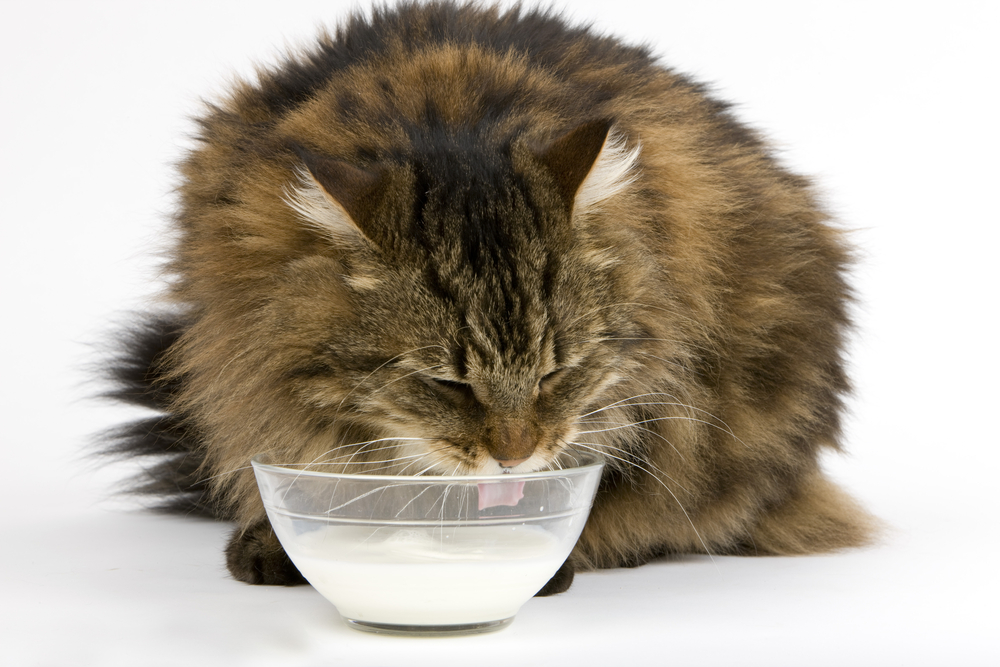
9. Other foods
There are some foods your pet should not eat, including dough and raw vegetables. In general, it’s best to avoid giving your cat anything that is high in sugar, as this can lead to problems such as dental decay and weight gain.
Store-bought popcorn often contains preservatives and additives which can cause diarrhea and constipation in your cat.
Cats should also stay away from caffeine, as it causes a range of unwanted symptoms such as heart rate increase, hyperactivity, breathing difficulties, tremors, and seizures.
10. Onions, garlic, & related root vegetables
Onions, garlic, and other related root vegetables should not be given to cats. These vegetables contain a substance (N-propyl disulfide) that destroys red blood cells in cats, leading to a form of anemia called Heinz body anemia.
While onions and garlic are toxic to cats, they are also found in many commercially prepared foods. Cats can also be exposed to garlic and onion in the form of powder, which can be found in chips, soups, and seasonings.
Can cats eat grapes?
You may be wondering if grapes are safe for your cat to eat. Unfortunately, grapes and raisins can be dangerous for cats and can cause them to become very ill. It’s best not to feed your cat any grapes or raisins.
Citrus fruits like oranges and lemons should also not be fed to cats, as they can cause a stomach upset.
So if you’re giving your cat a snack, stick with crunchy foods like kitty treats or dry food – and leave the citrus fruit for humans!
Can cats eat fruit?
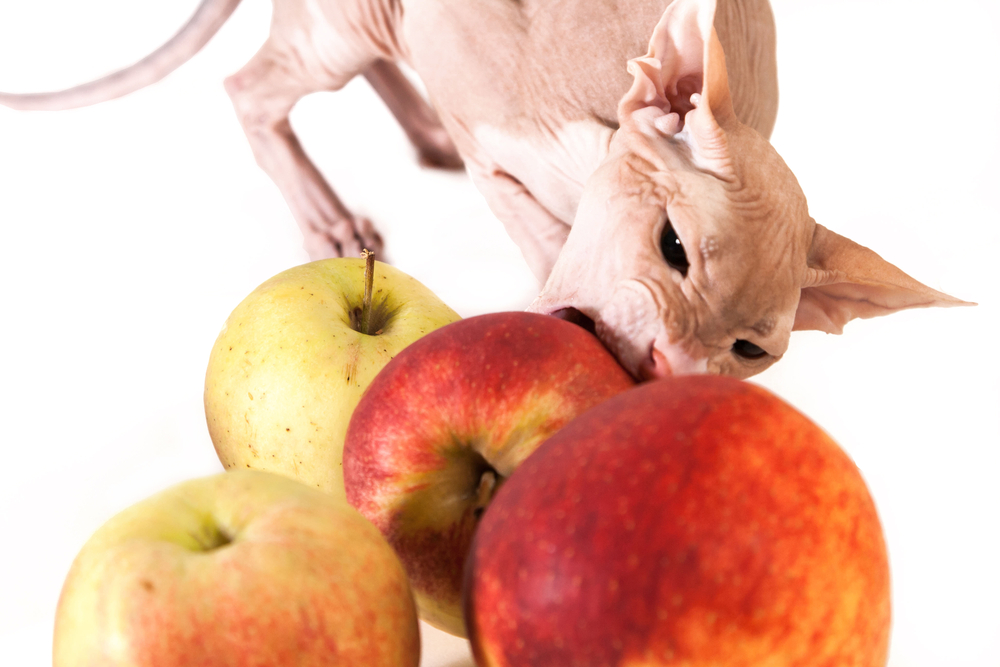
Yes, cats can eat fruit! In fact, many different types of fruit are safe for cats to eat. Some favorites include apples, bananas, and oranges.
Just be sure to remove the seeds from any fruit before giving them to your cat, as they can be harmful if ingested. We’re not going to go through all the fruits as we already have a guide on fruits cats can eat that you can check out.
Chilling fruit in the fridge may help keep your cat cool on hot days. And remember: the only fruits that are safe for a cat’s diet are fruits with seeds.
So no grapes or berries for kitty! Apples and bananas have the most appropriate texture for a cat’s digestive system and provide plenty of essential nutrients and antioxidants.
Can cats eat tuna?
Yes, cats can eat tuna as long as it is fed to them sparingly. Tuna in sunflower oil helps with tongue ulcers and is good for cats who are unwell.
Can cats eat raw fish?

There are a lot of myths and misconceptions about what cats can and cannot eat. Some people believe that cats need to eat raw meat in order to survive, but this is not the case.
While it is true that cats require protein in their diet, this doesn’t mean they need to eat raw meat.
In fact, cooking fish for your cat is a much safer option, as it eliminates the risk of them contracting salmonella poisoning or e-coli.
Additionally, small pieces of bone can get stuck in your cat’s digestive system, leading to serious health problems.
Despite it posing a risk, cats can still enjoy raw fish as long as you remove any bones before feeding it to them.
However, cooking the fish will make it easier for them to digest and reduce the risk of them getting sick.
Can cats eat pork?
Yes, cats can eat a small amount of pork or ham. However, it is important to cook the pork through and remove any bones before feeding it to your cat.
Many brands of cat food contain meat products from pigs or other sources, so be sure to read the ingredients list carefully. If you have any questions about whether a particular food is safe for your cat, consult your veterinarian.
Can cats eat raw chicken?
While there are some human foods that cats can eat, it is important to be aware of the risks associated with feeding them raw chicken. Cats should not consume raw meat as it may make them sick.
Raw chicken can contain harmful bacteria such as salmonella and E. coli which can cause vomiting, diarrhea, and even death in extreme cases.
It is best to avoid fatty parts, skin, and cooked bones of the meat as they may also cause health problems for your cat.
Small amounts of liver are okay but too much can be dangerous. Bones are an important part of a healthy diet for cats, but they should only be given in moderation to avoid constipation.
In addition, make sure that all the necessary nutrients are being provided by their regular diet instead of relying on human food supplements like sushi and raw fish which are not complete diets for cats.
Canned fish packed in water and reduced in salt is a good alternative to raw chicken.
Thinking of switching to a raw diet for your cat? In this guide, we will walk you through everything you need to know: from what foods can cats eat raw, to how much they should eat, and even tips on transitioning them over to a raw diet.
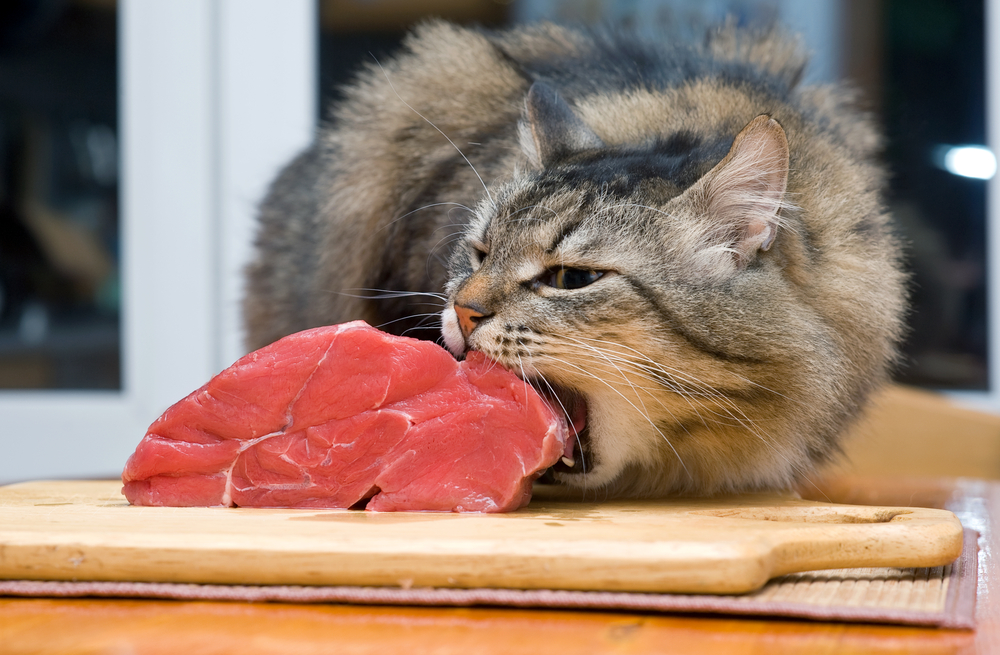
What meat can cats eat?
Cats are obligate carnivores, which means that they need meat to survive. Cat-friendly proteins include chicken, beef, lamb, and eggs.
It’s important to feed them cooked meat rather than raw meat. Raw meat, fish, and eggs carry a risk of potentially fatal viruses and bacteria such as E. Coli and Salmonella. The risk of pancreatitis is also linked to high amounts of fat in raw meats or eggs.
You can consult your veterinarian before considering switching to a raw diet for your cat.
Can cats drink milk?
Yes, cats can drink milk during their weaning process but should avoid it after they have become lactose intolerant. Milk may cause diarrhea or vomiting in cats that are not used to drinking it regularly.
The best alternative for cats are soy, which doesn’t contain lactose and has anti-nutritional elements.
Should I always feed my cat the same food?
Cats can get bored at mealtimes, so it’s important to mix up their food options to keep them interested. You should also avoid feeding your cat human foods, as they may be too rich for their stomachs.
Cats are not vegetarian, so humans should introduce new foods slowly to prevent nutrient deficiency from occurring. If you are out of food, there are plenty of healthy options to choose from.
However, cats should not eat human foods as they may make them sick. Always ask yourself “3 questions” before feeding your cat a potentially dangerous food:
1) Is the food safe?
2) Will this food make my cat sick?
3) How often have I fed my cat this type of food before?
If you are unsure of the dangers, check out the Pet Poison Helpline or other resources first to know for sure.
